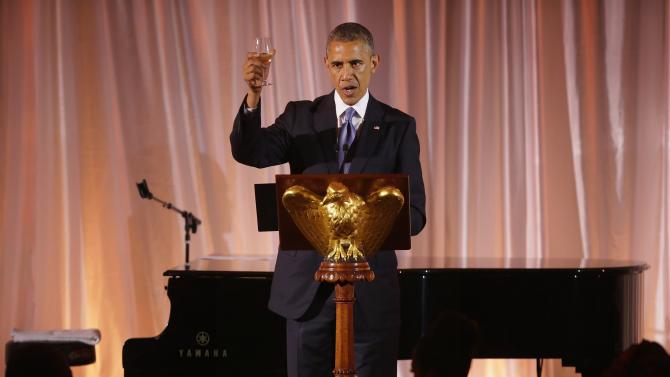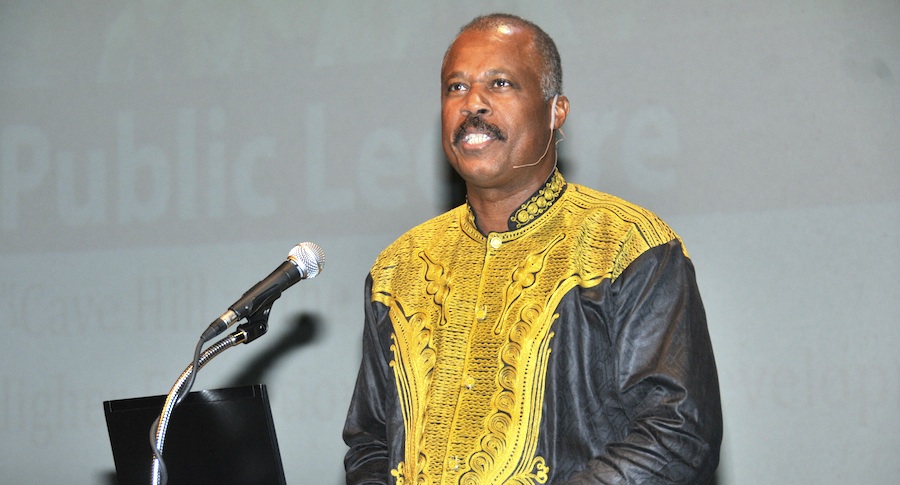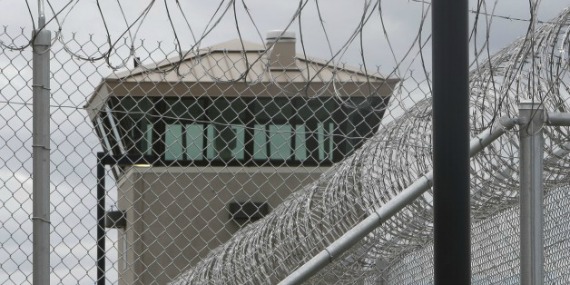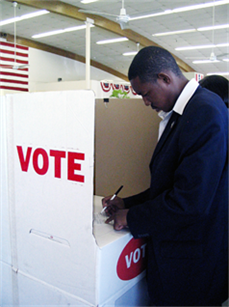Land grabs in Africa by foreign corporations highlightedby Burney SimpsonStaff Writer, The NorthStar News & Analysis President Obama said this week that U.S. companies will invest $33 billion in Africa as part of…

African heads of state—many outfitted in elegant, brightly colored, traditional attire—gathered under a canopy tent on the White House’s South Lawn Tuesday night for a state dinner-esque gala. They dined, mingled and did some dancing with a little help from Lionel Richie.

More than 40 African heads of state touched down in Washington, D.C., on Monday for the first-ever three-day U.S.-Africa Leaders Summit and White House gala, but concerns about the deadly Ebola virus loom over the event—potentially overshadowing the festivities.

I speak this evening, in this honourable chamber of the House of Commons, as Chairman of the Caricom Commission on Reparations.

Following the historic London Reparations March from Brixton to 10 Downing Street organised by the Rastafari Movement in Britain on 1st August 2014, the PASCF issues the following statement – they all owe…
President Barack Obama speaks during a town hall meeting at the Summit of the Washington Fellowship for the Young African Leaders Initiative in Washington, D.C., July 28, 2014.

Ohio’s Wilberforce University, the nation’s oldest black private university, founded in 1856, is in dire straits amid plummeting student enrollment, a financial deficit of $9.7 million and its accreditation hanging perilously in the balance, the Associated Press reports.
Voters in several states and municipalities nationwide will head to the polls this November and decide whether or not to radically alter the way many parts of America deal with pot.
Perhaps the terrible truth of drug war violence will finally be addressed as all of America bore witness this summer to the horror of some 52,000 unaccompanied children who were fleeing devastating violence that had erupted in Central America.

Today the U.S. Sentencing Commission voted to retroactively apply an amendment approved earlier this year by the U.S. Sentencing Commission that lowers federal guidelines for sentencing persons convicted of drug trafficking offenses
Lefties Food Stall, a pint-sized eatery serving Barbados’ signature flying-fish sandwiches, recently became the first snack shack on the Caribbean island to be fitted with a solar panel.

TriceEdneyWire.com) – With a “pivotal election” coming up November 4, the NAACP will kick off its 105th Annual Convention this week focusing primarily on maximum…














